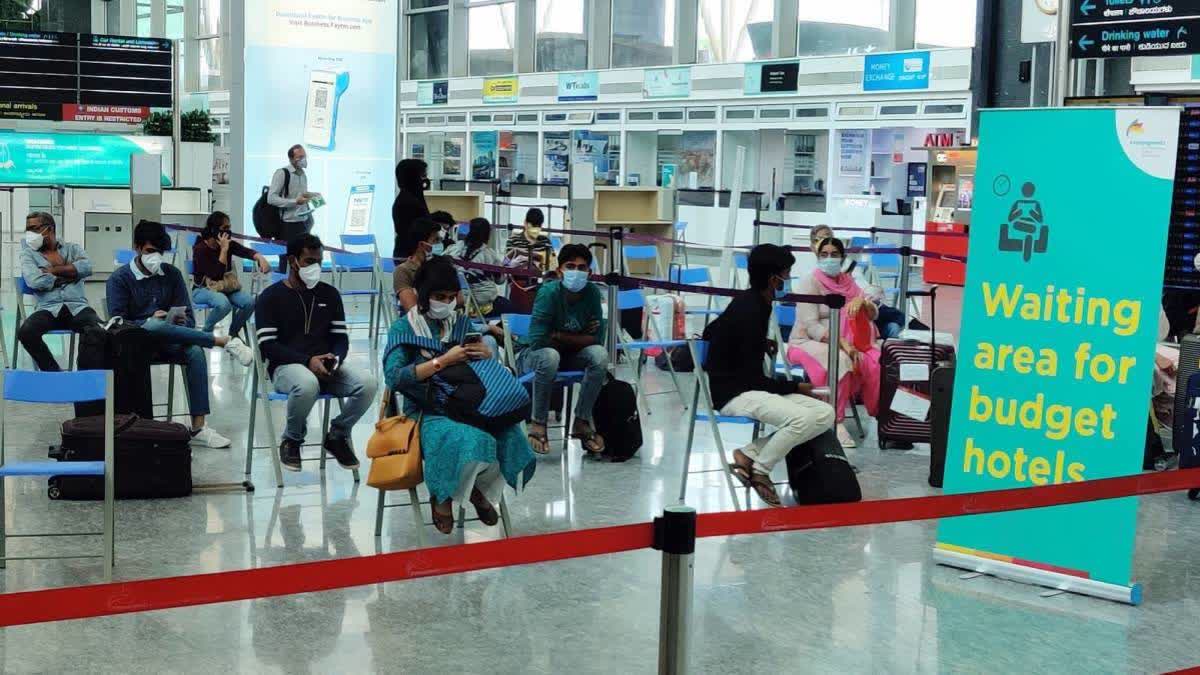New Delhi: To ensure border security and a seamless Europe travel, the European Union (EU) is all set to introduce an Entry/Exit System (EES) from October 6.
The EES is a new initiative aimed at strengthening security and improving the management of travellers entering and leaving the Schengen Area. The new rule will regulate the movement of non-EU nationals with short-stay requirements.
Let's take a look at what the European Entry/Exit system is all about.
Purpose: The EES is designed to enhance security, combat irregular migration and protect the integrity of the Schengen Area by accurately recording and tracking the entry, exit and refusal of entry to third-country nationals.
Functionality: The system will register biometric data (such as fingerprints and facial images) and alphanumeric data (name, type of travel document and date of entry/exit) of third-country nationals. It will replace the current practice of manually stamping passports with an automated process that is faster and more reliable.
Benefits: The benefits of the new rule include improved detection of individuals overstaying their visas, enhanced border control procedures and reduced waiting times at border crossings. More accurate and reliable data on travellers' movements in and out of the Schengen Area and facilitation of the identification of persons who do not fulfil or no longer fulfil the conditions of their stay.
Scope: The EES will apply to all third-country nationals who are visiting the Schengen Area for short stays (up to 90 days in any 180 days), including those who require a visa and those who do not.
Implementation: The system is expected to be operational by October 6, 2024. It will be used at all external border crossing points of Schengen member states, including land, sea and air borders.
Data Retention: The data collected by the EES will be stored for three years for those who abide by the rules and for five years for those who overstay.
Interoperability: The EES will work in conjunction with other EU information systems, such as the Visa Information System (VIS) and the Schengen Information System (SIS), to provide a comprehensive and coordinated approach to border management.
The European Entry/Exit System is a significant advancement in the EU's efforts to manage its external borders more effectively, enhance security and facilitate legitimate travel.
Europe is one of the most popular tourist destinations globally, offering a diverse array of experiences ranging from historic cities and cultural landmarks to stunning natural landscapes and vibrant nightlife.
Read more



